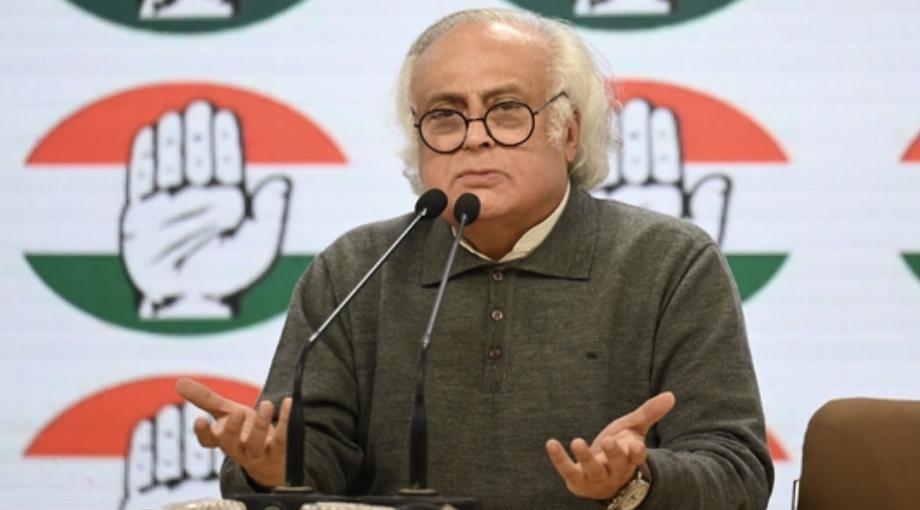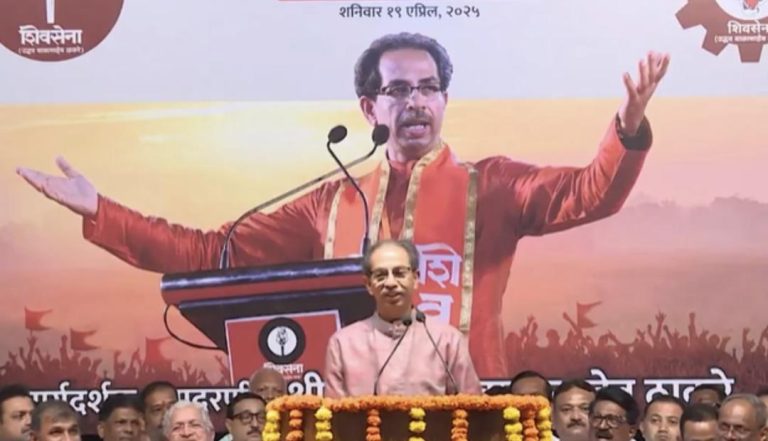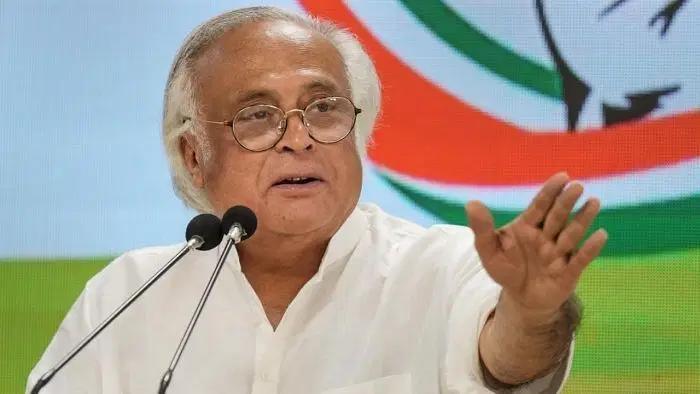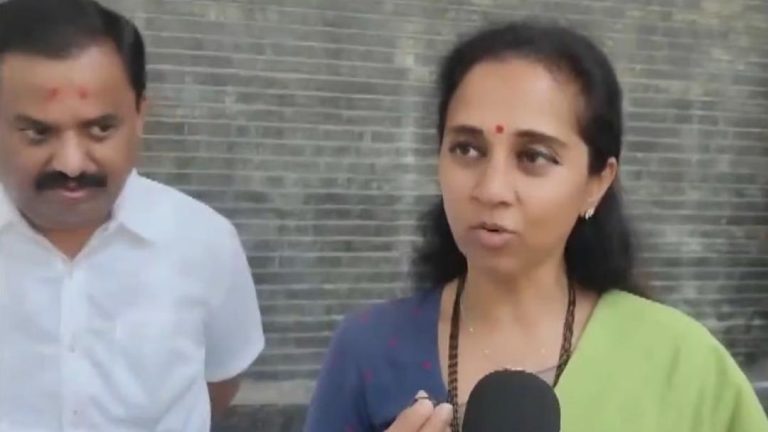
PM Should Tell What Compromises He Made with US: Jairam Ramesh
The ongoing trade tensions between the United States and India have taken a new turn with US President Donald Trump’s recent statement on tariffs. In a shocking revelation, Trump claimed that India had agreed to reduce its tariffs in order to avoid a trade war. The statement has sparked a heated debate in India, with many questioning the Modi government’s stance on the issue. Congress leader Jairam Ramesh has been one of the loudest voices criticizing the government, calling for transparency on the matter.
According to Ramesh, Trump’s statement is an insult to India and the government should come clean on what compromises it made with the US. “Trump says that he is exposing India. This is an insult to India. Trump also said that Narendra Modi reduced the tariffs because of fear of him,” Ramesh was quoted as saying in an interview.
The controversy began when Trump tweeted that India had agreed to reduce its tariffs on US goods. The Indian government, however, has denied the claim, stating that the two countries are engaged in ongoing trade talks and no agreements have been reached. The government’s stance has been met with skepticism, with many wondering what exactly was discussed during the talks.
Ramesh’s concerns are not unfounded. The Modi government has been under pressure to reduce India’s tariffs on US goods, particularly after the US imposed tariffs on Indian aluminum and steel imports last year. While the government has maintained that it will not compromise on its policy of protecting Indian industries, Ramesh believes that the government may have made some concessions behind the scenes.
“It is not possible that the government did not make any compromises. The question is what kind of compromises were made,” Ramesh said. “The Prime Minister should come clean on this and tell the nation what compromises were made. We have a right to know.”
Ramesh’s criticism is not limited to the government’s handling of the tariff issue. He has also questioned the government’s economic policies, arguing that they are not benefiting the common man. “The Modi government’s economic policies are not pro-poor. They are pro-corporate. The government is giving away subsidies to big corporations while the poor are struggling to make ends meet,” Ramesh said.
The Congress leader’s views are not without merit. The Modi government’s economic policies have been criticized for benefiting the wealthy and large corporations at the expense of the poor. The government’s decision to scrap the plan to demonetize high-value currency notes, which was intended to curb black money, has also been seen as a move to benefit the rich.
Ramesh’s criticism of the government’s economic policies is also linked to his concerns about the tariff issue. He believes that the government’s failure to protect Indian industries is a result of its pro-corporate policies. “The government is not protecting Indian industries. It is allowing foreign industries to dominate our markets,” Ramesh said.
The controversy over Trump’s statement on tariffs has also raised questions about the government’s handling of international relations. The Modi government has been accused of being too soft on the US, particularly in the wake of the US-India civil nuclear agreement in 2008. The agreement, which allowed the US to supply India with nuclear fuel and technology, was seen as a major concession by the Indian government.
Ramesh’s criticism of the government’s handling of international relations is not limited to its dealings with the US. He has also questioned the government’s stance on issues such as Palestine and Kashmir, arguing that it is too close to the US and Israel. “The government is not taking a strong stand on issues that affect the national interest. It is too busy trying to please the US and Israel,” Ramesh said.
In conclusion, the controversy over Trump’s statement on tariffs has raised important questions about the Modi government’s handling of international relations and its economic policies. Jairam Ramesh’s criticism of the government’s stance on the issue is not without merit, and his call for transparency on what compromises were made with the US is a valid one. The government must come clean on the matter and explain what exactly was discussed during the trade talks. Until then, the controversy is likely to continue, with many questioning the government’s commitment to protecting Indian interests.






